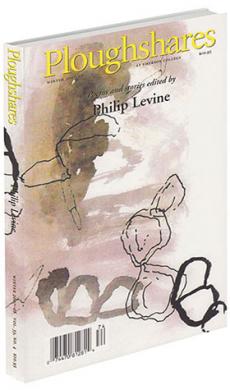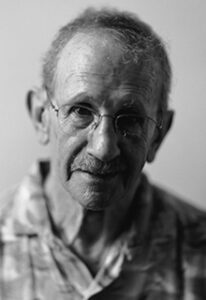rev. of The Flawless Skin of Ugly People by Doug Crandall
The Flawless Skin of Ugly People, a novel by Doug Crandell (Virgin): In this debut novel, Doug Crandell reverses the age-old question of inner versus outer beauty to deal with its counterpart: inner versus outer ugliness. The novel compellingly reveals that physical ugliness (however this is defined)—because of the reactions of others—may isolate and alienate the "ugly" person, leading to serious psychological problems. True healing, of both body and spirit, is to be discovered in a reconnection with the human community, through the ministry of love and caring.
Crandell creates a strong narrative voice in his protagonist, Hobbie, who, from childhood has had a serious acne problem. Back in high school, Hobbie was subject to jeers like "Pizza Face," and as an adult, if he doesn’t keep his face hidden, he risks someone pointing at him and yelling, "Hey, Clearasil." Cutting him off further from others is the burden Hobbie carries from adolescence when the Deacon of Washburn’s Tabernacle Church sexually assaulted him. The Deacon assured Hobbie "it’s okay, all boys are bad," but in Hobbie’s case, his "sin" was revealed in his "face." Shortly after the novel opens, Hobbie is victim of a bear attack; the deep gash in his face, after being sutured, has left his torn skin "puckered up and pulled together, the edges revealing thick lips of skin" in the midst of his acne.
One of the strengths of this novel is that Crandell broadens the social and psychological dimensions of the work by including not just one, but two "ugly people." In considering the nature of beauty and ugliness and its various implications for one’s self and others, we have not only Hobbie, but his common-law wife, Kari. Instead of a skin problem, Kari has a weight problem, stemming from her own run-in with the Deacon, who raped and impregnated her. Different problem, different genesis, but a common and shared reaction: post-Deacon, as we learn in flashbacks, Hobbie and Kari turned to each other for comfort, for a shelter from the world that had let them down, and once they became adults, they sought out jobs as tellers in banks in outlying, suburban areas, from one city to another—for Hobbie, drive-through preferred—to isolate themselves from those who might be revolted by their physical appearance. As the novel begins, Kari, weary of their continual disappearing act, and hoping to lose weight, has committed herself to the Center for Healthy Living, a state away from Hobbie. In this clinic, Kari soon undergoes more than weight loss; she seriously reevaluates all the baggage their lives have become: "Weight doesn’t matter anymore. There’s so much more that’s weighing me down. Your Face, my Weight, the DEACON, my dad, our fear, our love, all of it’s so heavy I can’t conceive of losing an ounce of it. How can I still feel all this bulk after losing so much?"
Hobbie and Kari ultimately do find solutions to their physical problems; yet these solutions are not enough in themselves, as Kari suggests. Instead, they both begin to realize the greater importance of inner healing through making connections with the world they have, for so long, been cut off from. Ugliness in the novel rests mainly with the Deacon, who is ugly on the inside, however "flawless" his skin might be. Crandell makes it all believable, all real. He evokes compassion for his characters, but never pity. We root for them, and in a fine ending that rings in a strong measure of joy, we feel better for having read this novel. —Jack Smith
Jack Smith’s stories have been published in magazines such as North American Review, The Southern Review, Texas Review, X-Connect, and Night Train. His reviews have appeared in Missouri Review, Prairie Schooner, and Georgia Review.

